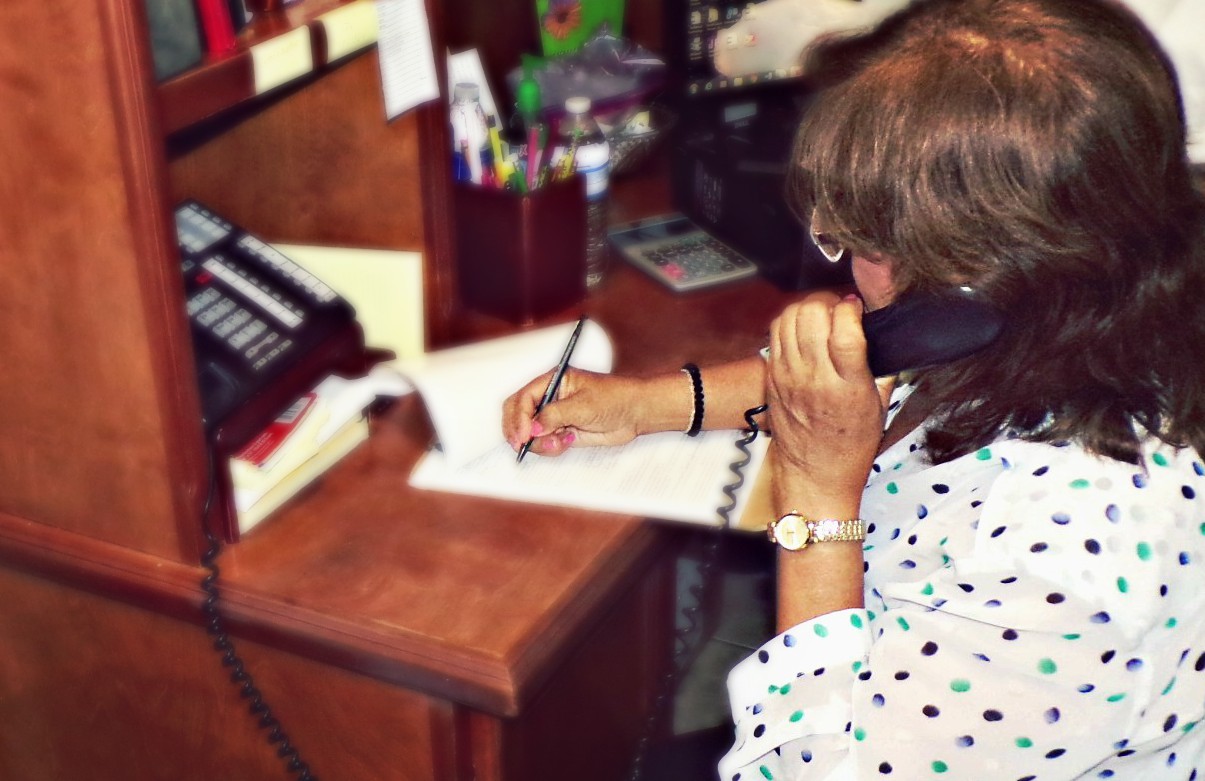You are not alone, reach out!
Violence and abuse affect women of all backgrounds causing terrible pain. But you are not alone, and there is help.
5 Steps to Finding Love After Abuse
By Pamela Jacobs
1. Love Yourself. I know it sounds cliché. And I apologize for sounding like an inspirational quote. But, it’s absolutely true. Before you can truly love someone else, you have to actively learn how to love yourself. This doesn’t mean just figuratively caring for yourself, it means showing yourself love each and every day.
Think about all the ways you would show a new partner how you love him or her. You might buy them gifts, compliment them, spend time with them, or do nice things to show them you care. To love yourself means to do all of those things – for you. Every day, practice treating yourself like you are your newest, hottest love interest. Treat yourself to things you love. Cook yourself nice meals. Go on dates with yourself. I even started dancing around the house – with myself – and absolutely love it. If you want someone to love you for who you are, you first have to do so yourself. And remember, you set the standard for how a future love interest will treat you.
2. Decide What You Want. So often, we accept whatever a partner has to offer us. Because of the messages we received that taught us we are only worthy if someone loves us, we have learned to lower our standards. But, as long as you don’t know what you want, you will continue to meet and get in relationships with people who do not fit in your life. It’s critical that you get clear on what you want your life to look like, and how a potential partner would fit into that.
Make a list of the qualities that are most important to you. For me, the top of the list was emotional honesty. Open communication and being able to discuss what we truly think and feel is essential to me. You may know that you want someone who is affectionate or funny, or someone who will go on long hikes with you. Picture your ideal life and the characteristics of the person who would most complement that life.
3. Set Healthy Boundaries. Now that you’re clear on what you want, you can work on setting healthy boundaries. If you know that you want someone who is honest, you won’t waste time with someone who lies to you. If you know that kindness is important to you, why bother going on a second date with the guy who’s rude to the waiter?
Setting boundaries also means expressing what you want and do not want, without fear of how the other person may react. If it is important to you that someone calls when they say they will, tell them that. We often assume that people will know how to treat us, but that’s not true, and certainly not fair. Make your standards and expectations known. Then, if someone is not willing or able to live up to them, there will be no confusion or resentment.
Fifty Obstacles to Leaving
It is when my head makes contact with the wall that I freeze, though his fist is coming toward me again. I have not yet taken behavior psychology and do not know that some animals flee when attacked.It would take me yet another year of
New Privacy Protections for Victims of Domestic Violence
The right to privacy is a fundamental right enjoyed by all Americans. However, this vital right has often become the first thing to vanish for victims of domestic violence or sexual assault. It has been said that rape is the only

You are not alone, reach out!
Violence and abuse affect women of all backgrounds causing terrible pain. But you are not alone, and there is help. Casa de Misericordia is a nonprofit organization that provides shelter and support services for victims of domestic violence. Casa de Misericordia staff will assist you with safety planning and questions regarding your situation. All information is confidential.
Why Do People Stay in Abusive Relationships?
People who have never been abused often wonder why a person wouldn’t just leave an abusive relationship. They don’t understand that breaking up can be more complicated than it seems.
There are many reasons why people stay in abusive relationships. If you have a friend in an unhealthy or abusive relationship, support them by understanding why they may not want to or be able to leave.
